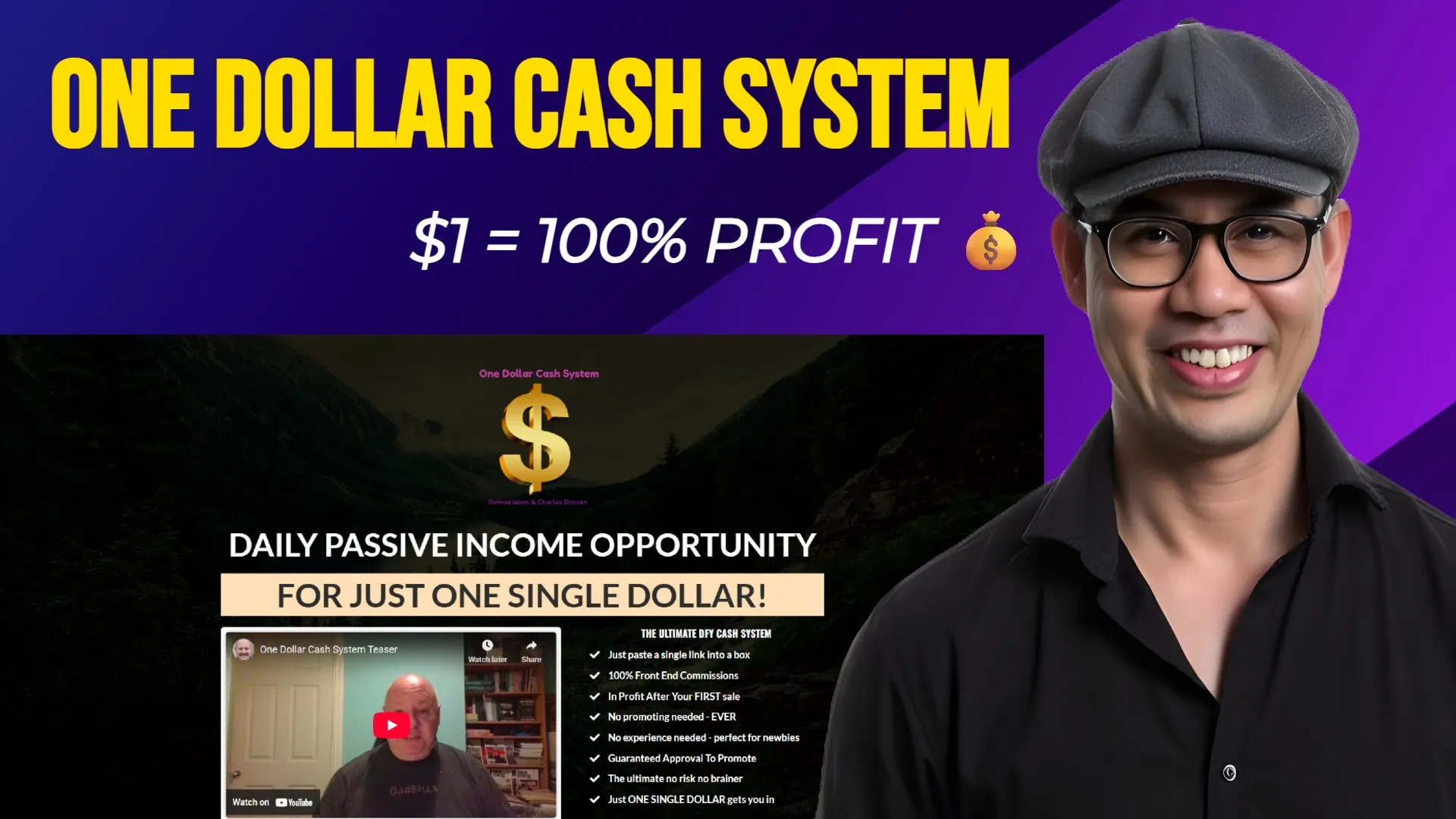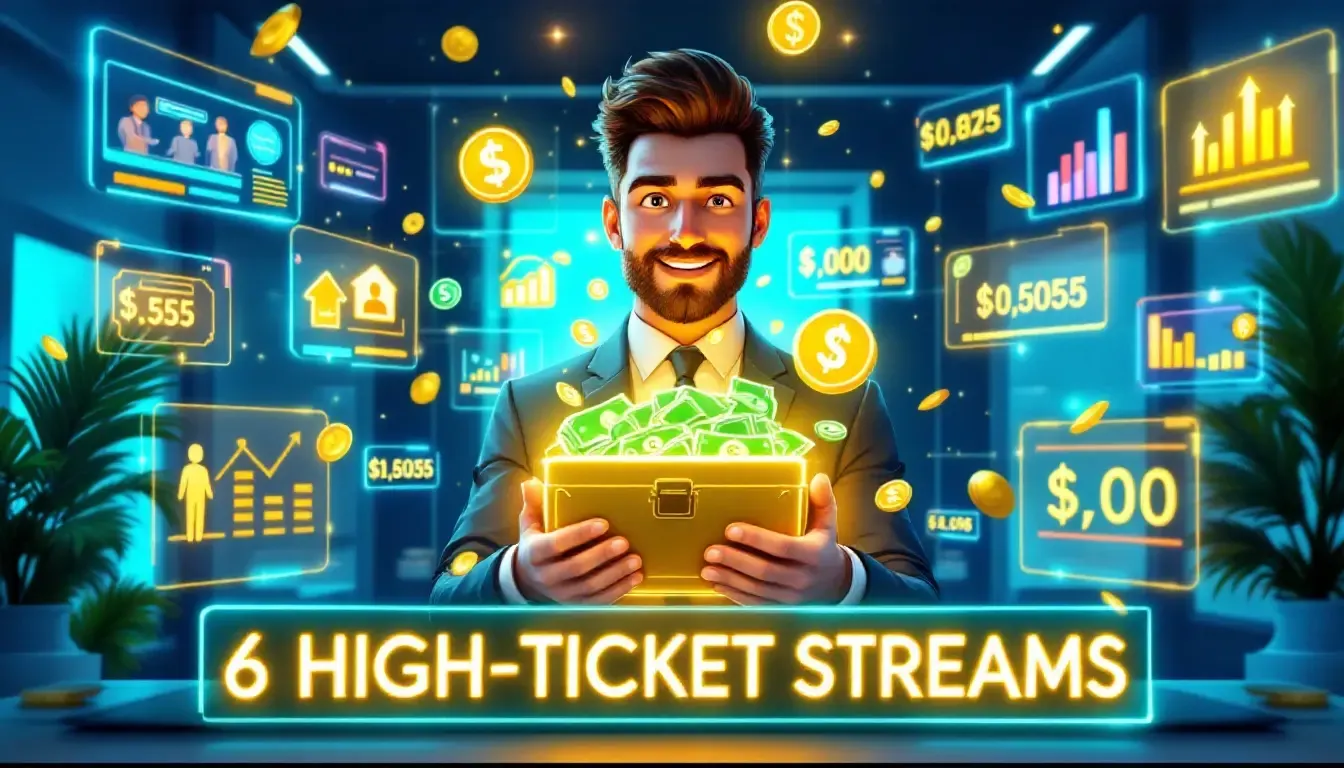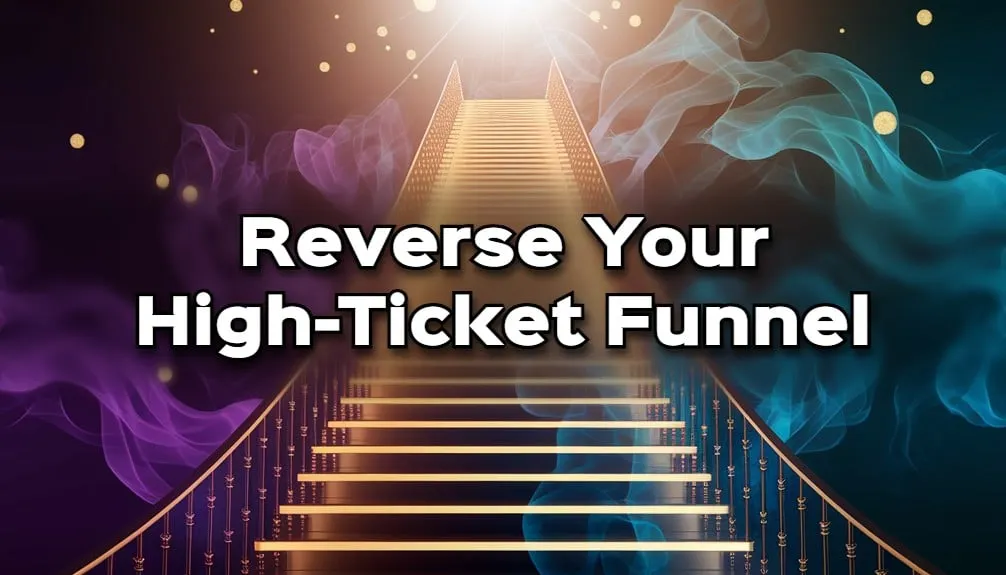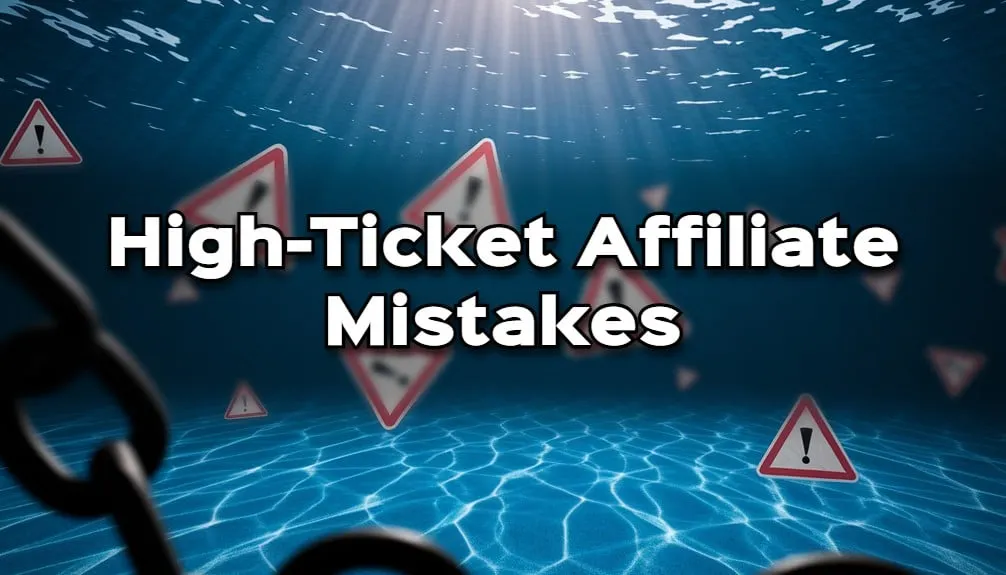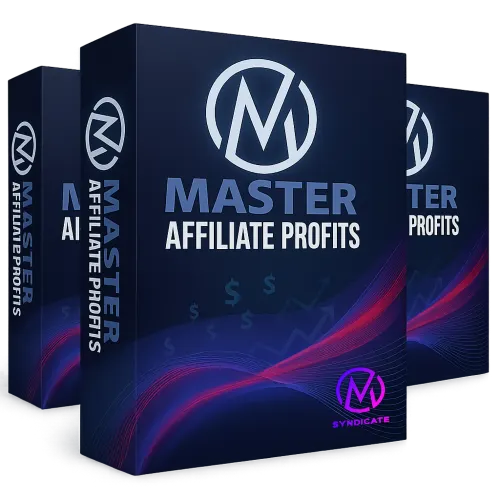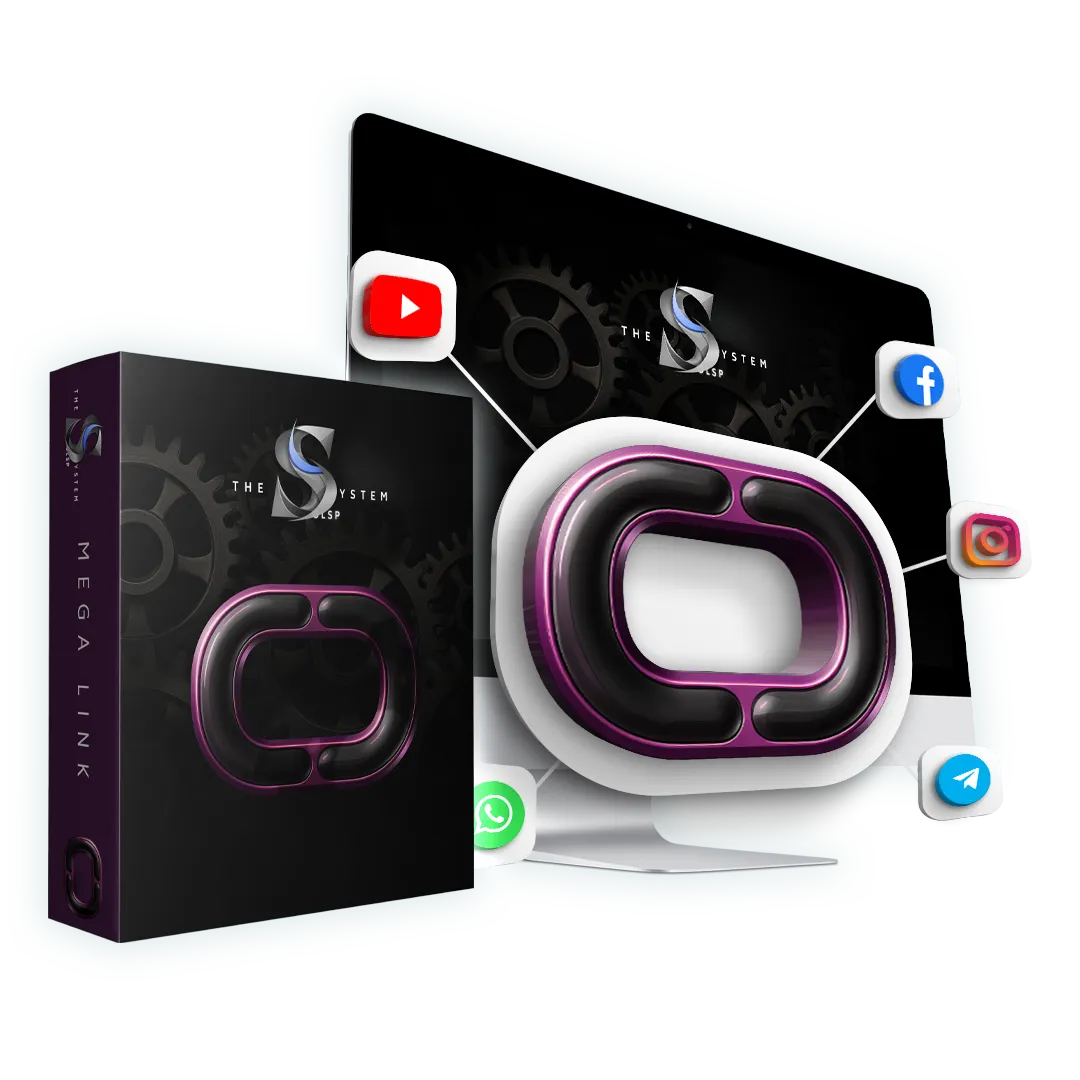Direct Selling vs Direct Marketing
In this article, I'll dive into the differences between direct selling vs direct marketing. You'll also discover the difference between advertising and direct marketing.
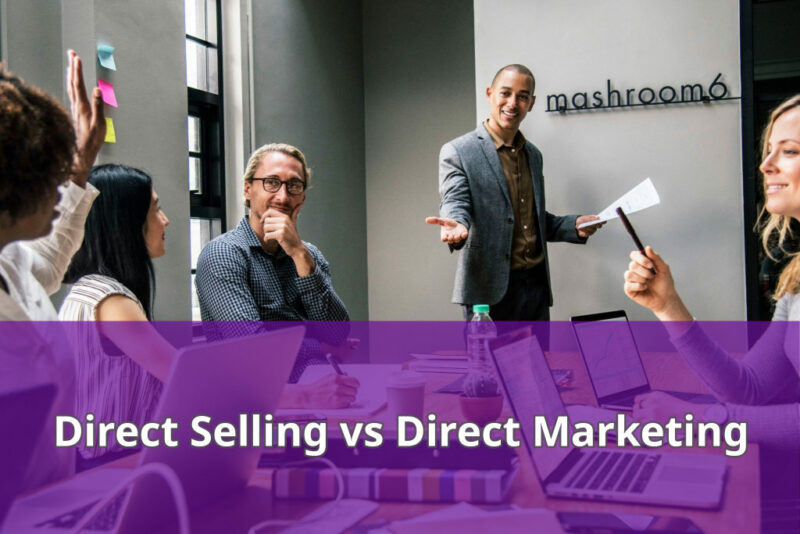
There are many ways to entice consumers to buy your products or services. We will compare two of the popular strategies used by many businesses around the globe: direct selling and direct marketing. We will also discuss direct mail, which is a subcategory of direct marketing. You'll find out how these strategies work and the key differences between them. If you're trying to figure out which one is the best for your business, keep reading as I'll provide some examples.
What is Direct Selling?
Direct selling is a salesperson-to-customer model.
Direct sales or direct selling involves the direct selling of products or services to consumers without going through the traditional process like retail stores. The products go from the manufacturer to a direct sales company.
Some direct sales companies will provide commissions for the sale of each product. This is similar to how online affiliate programs work, but the key difference is that the modern affiliate models don't require their affiliates to store inventory.
Another model for direct sales is through a multi-tiered model where you invite your friends to become direct sales reps. From there, commissions are earned through multiple tiers of your organization, the people that you've directly or indirectly recruited as sales reps. This is often referred to as network marketing or MLM.
Direct selling can be done through 1-on-1 sales or 1-to-many presentations. I prefer doing 1-to-many sales presentations if possible. Traditionally, people would sell to many through educational workshops or seminars offline. Another traditional approach through the telephone using a teleconference provider. Nowadays, it's popular to use an internet-based model where you can do direct selling through a webinar (web seminar) system. This allows you to have a 2-way interaction with prospective buyers.
What is Direct Marketing?
Direct marketing is a customer-to-salesperson model.
Direct marketing or direct response marketing is an advertising campaign designed to elicit actions from a specific group of consumers. Such actions could be an order, a subscription, contacting you for more information, or visiting your website.
Direct marketing is efficient for small business with little budget or no budget for brand marketing. If you're not sure what I mean by brand marketing, check out how Apple rolls with their branding campaigns.
Direct marketing gives you customer response which can be measured. What we mean by measured is that you know what type of advertisement made the customer response to you. So you can check out what types of advertisements are not giving you a return on your investment.
In some cases, a brand can be developed from successful direct marketing campaigns. A good example of this is the transformation of The Quaker Oats Company, one of the most popular oatmeal companies here in the United States.
Claude C. Hopkins, was a well-known copywriter that helped catapult the struggling company into success with his legendary "Food shot from guns of peace" direct response ad. The company probably wouldn't be around if it wasn't for this ad. Many of today's direct response concepts were made popular from Claude's scientific advertising methods from the early 1900s.

What is Direct Mail?
FREE: Get a direct marketing and selling system that includes your own website, lead capture pages, email marketing system, free training, a way to build your own sales pages, a way to get traffic - an all-in-one system. Learn more in my Groove.cm review.
Direct mail falls under the direct marketing category. Direct mail is specifically designed to market your products through printed advertisement to a specific contact or contact list. This list usually is either emails and home or business address. Direct mail is designed to personalize an advertisement to have a high response rate.
You may notice an email from businesses you subscribe to in your inbox with all sorts of limited and exclusive offer that is applicable to your consuming trend. That is how direct mail works. When I first got started in direct mail, I was doing most of the grunt work from my kitchen table. I had a roll of bulk stamps, pre-printed postcards, and a bunch of hustle. This routine works well if you can create highly effective ads.
If you're interested in direct response marketing or direct mail, make sure that you check out my interview with Jim Straw. The guy is a direct marketing legend and sold $400 million dollars worth of products using direct mail.
What is the Difference Between Direct Sales and Direct Marketing?
Both works to entice consumers to buy your products. Both also functions to reach out to potential customers. The difference between the two lies in how they operate. Let's simplify how both of them works.
Direct Selling
- Personally reaching out to consumers - Direct sales is done by talking to people in real-time. This helps you better gauge what consumers really want and helps you adjust accordingly.
- Fewer expenses mean greater potential profit - you don't have to go through wholesalers, advertising, retailers and all the long processes. You can skip the middle man and his means less cost for your business. Having less cost means you have the flexibility to lower your product prices and be able to compete against known brands.
- One dimensional - It only involves engaging sales talk with consumers. Which means it will be easy to manage. Analyzing sales data in this method is also easy.
- Less focus on the relationship - In direct selling, you do not need to have a relationship with the customer before you sell them your product. Of course, the sales process can be improved through relationship building. However, I've seen high-ticket sales occur without a 2-way relationship.
- Requires thick skin and excellent people skills - I believe that my direct selling experience has built up my confidence, public speaking skills, and critical thinking skills. Once you build up these mental and emotional muscles, you can utilize them in many areas of your life.
Direct Marketing
- Use of advertising strategies on a tight budget - Direct marketing uses cost-efficient marketing strategies that help promote and showcase your products to consumers remotely.
- Customer responses are measured - responses of customers can be counted and measured. This means that you can measure the effectiveness of the marketing campaigns you've implemented. You can set a sales goal for a marketing campaign to determine if it's a success or not. You can then make decisions like discontinuing the campaign or prolonging it based on its' performance.
- Catered to a specific group of consumers - Direct marketing is designed to focus on a specific group of consumers - your target audience. Focusing on a specific group helps make your advertising more appealing by engaging consumers in a personal style of advertising.
- Using data to adapt to consumers' needs - Through customers responses, you can get an idea of what is the current trend among consumers. This will help you gain new customers and keep old customers. You can use loyalty rewards, discounts, coupons, limited-time offers, and package deals to keep customers always excited about your product.
Which is Better Between the 2?
Both work well, but it really depends on your business model and your return-on-investment (ROI). There are various factors for determining this. To better illustrate this, I'll finish off with a couple of scenarios.
Scenario 1:
I sell language courses, There are a lot of competitors in the market, but I'm selling a bundles that requires a bit more information since there are more options that can save consumers a lot of money. Each bundle sells for $97 and provides a $15 commission.
Scenario 2:
I'm selling marketing services for business owners. Each of the packages requires a deep conversation to understand the prospects' needs. The average commission is $500.
High-Level Plan for Both Scenarios:
- Contact at least 100 people a day using any offline or online strategy (cold calling, online/offline ads, etc).
- The target audience consists of married homeowners with an age range between 30-45 years old.
Going back to the question, should I use direct selling or direct marketing? What strategy is worth my time, energy, and money?
Scenario 1 Direct Marketing Plan
While language can offer great profits through high margins, you have to ask yourself if it's worth your time to sell these directly. Let's say that you spend a half-hour of your time using direct selling. Out of 7 sales presentations, you make 1 sale. In 1 day, you make around 2 sales which are equivalent to $15-30 in commissions.
If you're looking to create a highly profitable business, direct selling wouldn't be the proper solution for this business model. Instead, you could use online advertising or promote the supplement through low-cost media. Think about how Facebook, Instagram, or YouTube influencers build up a huge following and then pitch them through social media posts.
Without the influencer status, you can also pay for ads on these platforms. This is how you would use direct response marketing on social media. From there, you would have to determine if it's worth paying for specific ads to keep your business profitable. For me, I would prefer to use email marketing instead of sending visitors straight to a product pitch. In that way, I could use email marketing to promote products to my audience over a longer period of time. Here's a free e-course on this if you'd like to learn more.
Scenario 2 Hybrid Plan:
I know that if I use direct selling, I could build a personal connection and increase my conversion rate. Based on past performance, direct sales for scenario 2 is 1 out of 10. So out of 100 people, I can close 10 people on average and that means I can possibly make $5000.
So what are my options? I can cold call 100 people. However, it's going to be tough to directly sell to 100 people if I want to close 10 people. If I have a budget, I could use direct marketing using online ads or direct mail to get lukewarm prospects that might convert easier.
For direct response, the typical response rate is 1-2%. With direct mail or paid ads, there's a cost associated to them and you would subtract that from the $5000 in commission. So let's say that it cost $50 a lead. With ten leads, it would cost $500. If you wanted to get 100 leads, that would cost $5000 and would break even. These are all examples and the cost depends on the advertising platform.
Another alternative is using low-cost or free forms of advertising such as Facebook Events, Craigslist, local library or community center ads, or business cards.
From there, I would use the ads to have prospects sign up for a free newsletter so that I could build my own database. This will allow me to promote upcoming free financial workshops, provide awesome information, and do light direct selling along the way. It's easier to do this using email marketing vs using direct mail for follow-ups.
How Can Direct Sales & Marketing Software Boost Sales?
If you search for direct sales software, most likely you'll run into MLM or party planning solutions. To clarify, direct sale marketing software can be used in any e-commerce or e-tailing business. If your business isn't configured to sell products or services online, ask yourself if other businesses are doing it or if you have to follow any company compliance policies.
Some direct sales companies don't want their distributors to sell their products online. One health and beauty business that I was affiliated with years back mentioned that distributors were allowed to sell products through advertisements and through online websites. After submitting my business plan and justification to the compliance department, they sent back a response 5 months later rejecting my system since it wasn't fair for the other distributors.
So after leaving the company, I decided to use the strategies on my own e-commerce business. I'll go into the process and then the software components that you'll need to directly sell online.
The minimum requirements for direct marketing online are:
- Customer management, inventory management, and order processing: An online shopping cart or point-of-sale (POS) service
- Receiving payments: A payment processor
- Products or services: Inventory (or an inventory source)
- Shipping: Fulfillment service or your local post office
For most people involved in direct sales, the product or service is provided. Account registration and payments are also typically provided. Both Paypal.com, Stripe.com, and Square make it easy for any business to receive payments. For shopping carts, check out the Stripe.com supported carts.
While those are all minimum requirements, the software component that creates the largest impact is the communications piece. This is the email marketing automation system.
With most direct sales opportunities, the product or service has to be sold. The higher the value, the more you'll have to build a relationship over time.
Instead of mailing out follow-up letters or postcards via snail mail, I recommend using systems like Aweber, GetResponse, or Sendiio to automate your direct marketing processes. The system will allow you to send out email broadcasts and sequential autoresponder follow-ups. Both of these are extremely powerful for enhancing the relationship with your prospects and increasing direct sales.
Frequently Asked Questions
What are the 3 types of direct marketing offline?
Let's go over three different kinds of direct marketing offline: door-to-door, mail order, and telemarketing.
Door-to-door is when you go out into the community and talk to people about your product or service. When you're going to a neighborhood and pound on doors, one door after another, you can drive up business. However, you'll have to have thick skin. This is also referred to as canvassing the neighborhood.
Don't discount this tactic. It's a highly effective form of direct marketing if you do it the right way. This works best if you have good relationships within your local community. If you don't have thick skin, then you can higher employees that do.
Mail order is when you send letters to potential clients. Well over a decade ago, I used to do direct response mail order. I would buy a list of consumers within my niche and send them content related to what they bought in the past, and what I was selling.
And then there's telemarketing. To do this, you call people on the phone. In most cases, the whole idea is to drum of leads by cold calling. While this also requires thick skin, you don't have to interact with people as you would in person while doing door-to-door.
What are the 3 types of direct marketing online?
I'll cover email marketing, text messaging via SMS, and social media DMs.
Email marketing allows you to send out emails to your subscribers and potential clients. These emails contain information about the product or service that you want to offer.
Before you email offers, you have to make sure that you capture leads and build your own list. Having your audience opt-in is crucial to your success and email delivery rate. When people opt-in, they actively submit their information to you and it goes into your digital contact list (aka your email service provider's database). From there, you can send them emails, you will be able to communicate with them digitally. If they wish to unsubscribe, they can click on a link at the bottom of their email.
Text messaging is another form of direct marketing. SMS text messages are short and are cost effective. While email and text messaging from your smartphone might seem to be free, you should invest in a platform that manages your contacts, message automation, and even unsubscribes.
Social media marketing is yet another way to do direct sales marketing. Social media sites like Facebook and Twitter allow you to connect with other people in real time, or asynchronously (on different time schedules). Typically individuals will build trust and relationships by providing valuable content. From there, the relationship grows from just casual commenting, to a deeper level of conversation through direct messaging (DMs).
What are examples of direct selling?
Direct selling occurs when a person sells directly to a consumer or business. Some people call it an art, and some people call it a science. Either way, it's something that can be learned, performed, and improved upon.
Any product or service that is sold by an individual can be considered an "example of direct selling." The biggest difference is what leads to the sale.
Did you get a lead from a conference, party, trade show, through a TikTok video, or through a Facebook ad?
If that lead is qualified and eventually leads to a transaction, then the sales person has made a sale.
For direct selling examples, some people discuss single-line selling or multi-level marketing or selling. For me, those are mostly different due to their compensation structures. That's a different topic that has some overlap with my 3 types of affiliate programs article.
What's the difference in costs for direct sales versus marketing?
Alright, let me break it down for you. With direct sales, you gotta shell out some major bucks upfront to put together a team of sales reps. You know, paying their salaries, getting them trained up, things like that. But you'll save some moolah on marketing costs down the road. Now direct marketing is the opposite - you can kick things off for pretty cheap, just making some ads and promo materials. But then you're gonna be bleeding cash on an ongoing basis for all that advertising and to keep those campaigns running far and wide. So they've both got their expenses, it's just a matter of timing!
What's the difference in personalization between sales conversations and marketing messages?
Great question! So direct sales is like having an actual chat where the salesperson can change things up to match whatever the customer is saying. Super tailored, ya know? The marketing stuff is way more generic 'cause it's blasted out to the masses - same words going to a ton of inboxes. They might swap out your name but otherwise it's a bulk message. So if you want that personal touch, direct sales is the only way to fly. But marketing reaches more peeps with less effort. Up to you which is more important!
How can marketers use data to optimize their campaigns?
There's a goldmine of data that smart marketers dig into! By tracking open rates on emails, clicks on ads, traffic to their site - they can see what's resonating most with their audience. Kind of like a science experiment. Keep doing more of what works and cut out what bombs. Then their future marketing gets better and better! The data doesn't lie, even though some marketers wish it did, haha.
Why is direct sales effective for specialized products?
For really complex or niche products, a sales rep who knows their stuff can explain everything in detail to customers and answer all their nitty gritty questions. That expertise gives buyers the confidence to invest in something specialized that maybe an ad or regular sales dude couldn't explain properly. When you feel like the rep really gets you and the product, it's an easy sell!
How does marketing build brand awareness?
Marketing blasts your message and brand far and wide to get it in front of as many eyeballs as possible! Even people not looking to buy might see your Facebook ad or TV commercial 10 times and start remembering your name. So when they finally need your type of product someday, you'll be top of mind because of all those marketing impressions over time. It's like a popularity contest - the more exposure, the more famous your brand becomes!
What makes the sales conversion rate higher typically?
There's a few reasons direct sales get more buyers to pull the trigger. Building a rapport makes people feel obligated, ya know? And answering their specific worries makes them less anxious about buying. Sales reps also pitch the benefits that matter most to each customer personally. Guide them through the whole process and they're more committed at the finish line! On the flip side, a random marketing ad feels less convincing. The personal touch goes a long way.
How can marketing prep someone before a sales call?
This is a pro tip! Marketers can send helpful info and value to prospects before the sales rep calls them. Little guides, how-to content, fun stuff that shows the brand wants to educate, not just sell. So when the sales call comes, that person is already warm to the brand instead of cold. Smooth move! It's like giving them a nice back rub before you ask for a favor. So smart.
Conclusion
I hope that you've found this article beneficial! If you have more questions about direct selling and marketing, feel free to let us know!
FREE: Get a direct marketing and selling system that includes your own website, lead capture pages, email marketing system, free training, a way to build your own sales pages, a way to get traffic - an all-in-one system. Learn more in my Groove.cm review.



